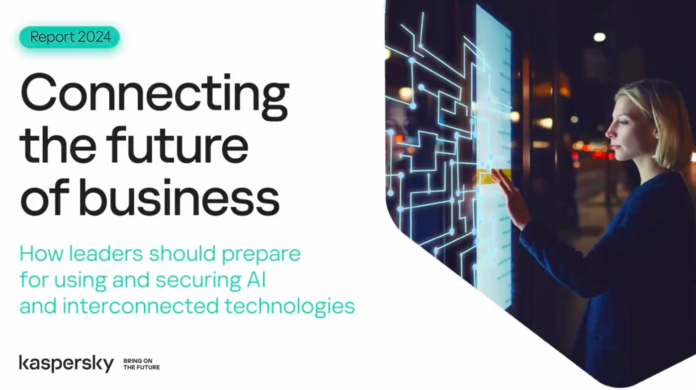About two-thirds of companies in the Asia-Pacific region have implemented artificial intelligence (AI) and Internet of Things (IoT) in their businesses’ infrastructures, according to a recent Kaspersky study.
The company also found that about a quarter of firms in APAC are planning to adopt AI and IoT within two years.
Interconnected technologies are the growing network of devices, systems and applications connected to the internet and each other.
They transform enterprises, enabling them to gather more data and automate processes. But they also bring new risks and challenges when securing business assets and safeguarding customers.
Kaspersky’s study involved a survey of 560 senior IT security leaders from North America, Latin America, Europe, Middle East and Africa, Russia and APAC. A total of 100 respondents were from APAC.
Findings show that AI and IoT are already used by 61% and 64% of companies respectively, while 28% and 26% of companies plans to adopt them within two years.
Data spaces are used by 27% of businesses, with more than half (54%) intending to adopt them in the near future.
Other interconnected technologies (digital twins, augmented reality, virtual reality, web 3.0, 6G), are used by 8-20% of companies participating in the survey, but more than 70% are considering integrating them into their business processes soon.
Kaspersky said that because AI and IoT have become so widespread, they are vulnerable to new vectors of cyberattacks.
According to the research, 13-14% of respondents from the region think AI and IoT are “very difficult” or “extremely difficult” to protect, while only 6% of the AI users and 10% of the IoT owners believe their companies are fully protected.
However, the less widespread the implementation of technologies, the more difficult it is for companies to protect them and vice versa.
For instance, the least adopted AR/VR and 6G, are the most challenging technologies to protect in terms of cyber defense, with 40-51% of Asian companies saying they are difficult to secure.
According to Adrian Hia, Kaspersky managing director for APAC, noted that more than half of the companies are using AI and IoT in their organisations, but 21% of them think AI and IoT are somewhat difficult to protect.
“It shows that there is a skills and knowledge gap that needs to be patched with urgency,” said Hia.
Ivan Vassunov, Kaspersky VP for corporate products, said interconnected technologies bring immense business opportunities but they also usher in a new era of vulnerability to serious cyberthreats.
“Enterprises must protect critical assets, build customer confidence amid the expanding interconnected landscape, and ensure there are adequate resources allocated to cybersecurity so they can use the new solutions to combat the incoming challenges of interconnected tech,” said Vassunov.
















